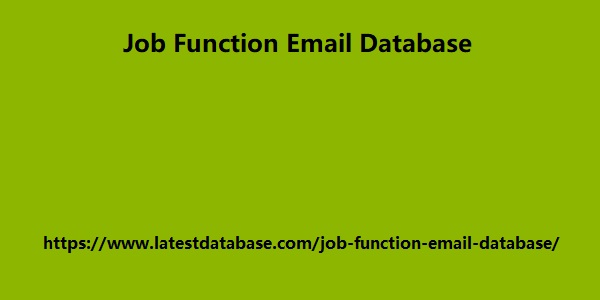Post by account_disabled on Feb 24, 2024 23:57:42 GMT -6
This has greatly upset some of their regular customers. "Not well; We're pretty exhausted on beer already,” says Adrian, a 37-year-old brand marketing manager, who has been going to the pub near Piccadilly Circus after work. Over a pint of Heineken for £6.25, he admits that after the confusion of a few more drinks, he may not even notice the price increase as the pub fills up. "It just rips off people who are trying to have fun," he adds. City workers enjoy a drink outdoors on a summer afternoon. The introduction of a price increase on a beloved British drink has reignited debate over the ethics of the strategy Charlie Bibby/FT “Dynamic” pricing, as many in the industry call it, or “surge” pricing, as it is more widely known to consumers, whereby companies flex prices at set times in response to changes in supply and demand.
Demand, is not a new phenomenon. It has been used by airlines in the United States, for example, since 1983, when the US government relinquished the power to set domestic air fares. When booking flights and hotel Job Function Email Database rooms, consumers have become accustomed to the rhythms of the dynamic pricing model: book early or during the shoulder season and get a good deal; Book at the last minute or during busy holiday periods and be penalized. However, powered by algorithms and artificial intelligence, it is being introduced at a rapid pace by a growing number of consumer industries. Amazon changes the price of its products on average every 10 minutes, using millions of real-time data points to compare them to competitors and track increases in demand.

Eventually it will be everywhere,” says Robert Cross, who created a computerized dynamic pricing model for Delta Air Lines in the early 1980s before doing the same for hotel giants Marriott, Hyatt and InterContinental Hotels Group. As high inflation erodes margins and improvements in technology make dynamic pricing cheaper and more practical for businesses, the temptation to implement pricing strategy is growing in industries that have until now largely remained largely unchanged. measurement outside the method. Historically, bars, restaurants and traditional retailers have only adopted dynamic pricing for basic discount offers, but that could change. “If you are a business, it is irresistible because it will improve your margins and also be in the best interest of the consumer,” argues Cross, who chairs a revenue management company.
Demand, is not a new phenomenon. It has been used by airlines in the United States, for example, since 1983, when the US government relinquished the power to set domestic air fares. When booking flights and hotel Job Function Email Database rooms, consumers have become accustomed to the rhythms of the dynamic pricing model: book early or during the shoulder season and get a good deal; Book at the last minute or during busy holiday periods and be penalized. However, powered by algorithms and artificial intelligence, it is being introduced at a rapid pace by a growing number of consumer industries. Amazon changes the price of its products on average every 10 minutes, using millions of real-time data points to compare them to competitors and track increases in demand.

Eventually it will be everywhere,” says Robert Cross, who created a computerized dynamic pricing model for Delta Air Lines in the early 1980s before doing the same for hotel giants Marriott, Hyatt and InterContinental Hotels Group. As high inflation erodes margins and improvements in technology make dynamic pricing cheaper and more practical for businesses, the temptation to implement pricing strategy is growing in industries that have until now largely remained largely unchanged. measurement outside the method. Historically, bars, restaurants and traditional retailers have only adopted dynamic pricing for basic discount offers, but that could change. “If you are a business, it is irresistible because it will improve your margins and also be in the best interest of the consumer,” argues Cross, who chairs a revenue management company.
